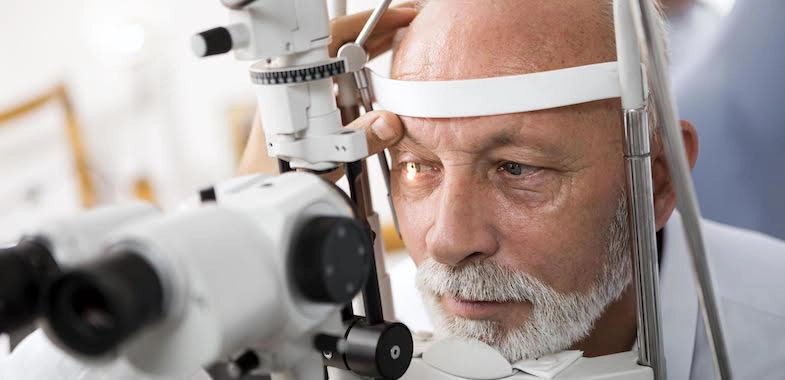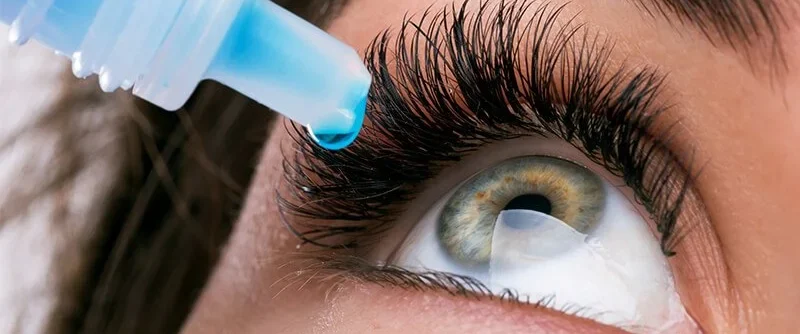What Causes High Eye Pressure?

Eye pressure, also known as intraocular pressure (IOP), is a critical aspect of eye health that can impact vision and overall well-being. At SightMD, we recognize the importance of understanding the various factors that contribute to eye pressure and the potential risks associated with elevated levels. Understanding the anatomy of the eye is crucial in comprehending how eye pressure is regulated and how changes in pressure can affect vision and overall eye health.
Elevated eye pressure can have detrimental effects on vision and eye health. It may lead to conditions such as glaucoma, which can cause irreversible damage to the optic nerve and permanent vision loss if left untreated. Additionally, increased eye pressure can result in symptoms such as blurred vision, headaches, and eye discomfort. Some common causes of high eye pressure include:
Genetics
Genetics play a significant role in the development of eye pressure and related conditions such as glaucoma. Individuals with a family history of glaucoma or other eye conditions are at higher risk and should inform their eye doctor to receive closer monitoring and appropriate management.
Glaucoma
Glaucoma is a group of eye diseases characterized by damage to the optic nerve, often caused by elevated intraocular pressure. There are different types of glaucoma, including primary open-angle glaucoma, angle-closure glaucoma, and normal-tension glaucoma. These conditions can lead to increased eye pressure and subsequent vision loss if not managed appropriately.
Age
As we age, the risk of elevated eye pressure increases. Changes in the drainage canals of the eye, which regulate the flow of fluid and maintain proper pressure, can occur over time. Individuals over the age of 60 are at higher risk of developing elevated eye pressure and related eye conditions, highlighting the importance of regular eye exams for older adults.
Cataract Surgery
Cataract surgery, while highly effective in restoring vision, can temporarily increase eye pressure due to the disruption of fluid flow within the eye. However, this increase typically resolves over time, emphasizing the importance of monitoring eye pressure after surgery to ensure proper healing and optimal visual outcomes.
Eye Injuries
Eye injuries can also lead to increased eye pressure, either through damage to the drainage canals or inflammation within the eye. Seeking prompt medical attention for eye injuries is essential to prevent further damage and mitigate the risk of elevated eye pressure and associated complications.
Comprehensive Eye Care at SightMD
Understanding the causes of increased eye pressure is crucial for safeguarding vision and overall eye health. Regular eye exams, communication with your eye doctor, and proactive management are key steps in managing and preventing vision loss from elevated eye pressure. If you experience symptoms or have concerns about your eye health, don’t hesitate to consult with an eye doctor for personalized care and guidance. At SightMD, we’re committed to providing comprehensive eye care to help you maintain clear vision and optimal eye health for years to come. Schedule a consultation with one of our experienced eye care professionals today.


